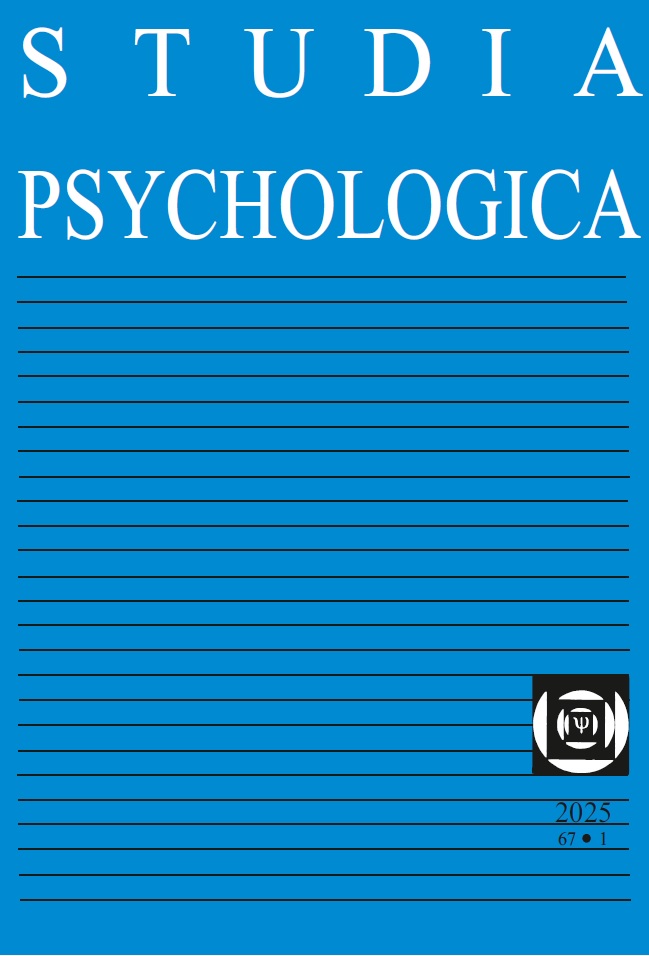Institutional Distrust: Catalyst or Consequence of the Spread of Unfounded COVID-19 Beliefs?
DOI:
https://doi.org/10.31577/sp.2025.01.909Keywords:
unfounded beliefs, conspiracy beliefs, pseudoscientific beliefs, institutional trust, trust in government, trust in experts, COVID-19 pandemic, longitudinal researchAbstract
In the present study, we test two competing but mutually complementary hypotheses regarding the relationship between the endorsement of unfounded beliefs during COVID-19 pandemic (i.e. conspiracy and pseudoscientific beliefs) and institutional trust. To overcome correlational nature, we employed 3-wave longitudinal design to examine whether it is low institutional trust that predicts unfounded beliefs or it is the other way around. The final sample consists of 929 participants with full data sets from all three waves (49.80% women). We used the cross-lagged panel model (CLPM) which is well suited to examine the temporal directionality of the relationship between two variables. The results showed a consistent pattern regarding trust in experts: effects of conspiracy and pseudoscientific beliefs predicting distrust in experts were stronger than the reverse pattern. For trust in government, the results showed support for both hypotheses. The study contributed to explaining the possible causal relationship between unfounded beliefs and institutional trust i.e. conspiracy and pseudoscientific beliefs may have directly predicted decreased trust in experts and scientific institutions.
Downloads
Published
Issue
Section
License
Copyright (c) 2025 Studia Psychologica

This work is licensed under a Creative Commons Attribution-NonCommercial 4.0 International License.


